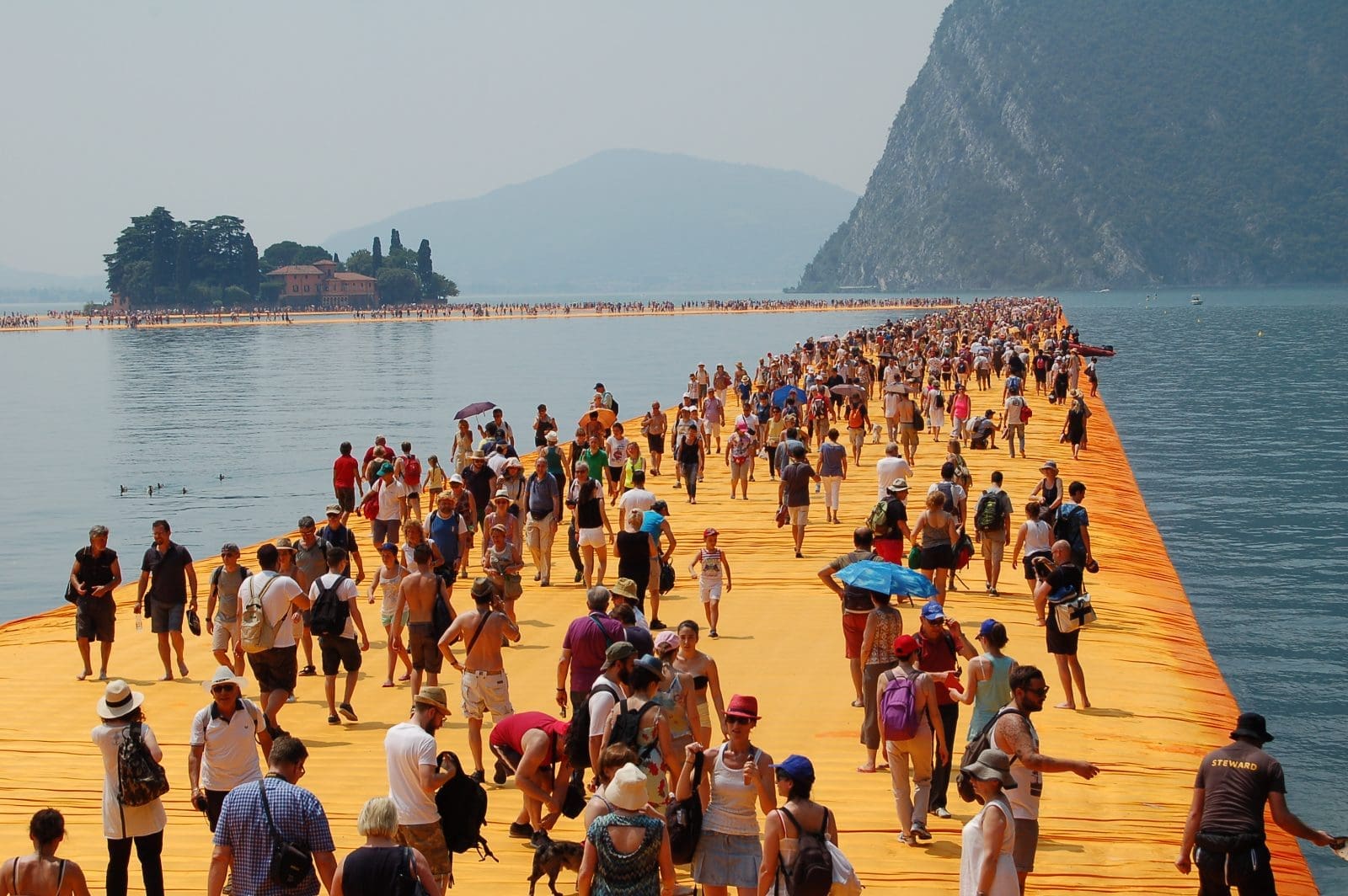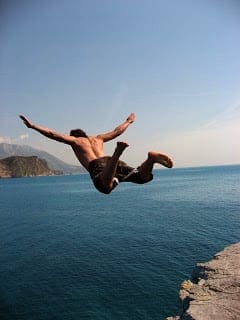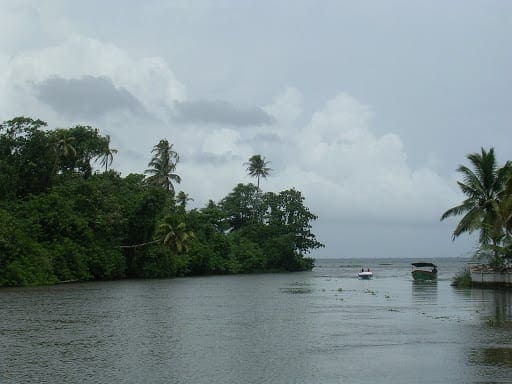Currency
The Iceland currency is the Icelandic kronur. The exchange rate from the U.S. dollar to the kronur varies but at the present time is US $1.00 = Isk 68.0354. Coins are in denominations one, five, 10, 50 and 100 kronur. Notes come in 500, 1000, and 5000.
Foreign-denomination travelers’ checks and banknotes can be exchanged for Icelandic currency at all major banks. Most banks charge a small commission fee for the transaction but Landsbanki Islands offer the service free of charge. Rates and charges are higher at commercial exchange offices.
Iceland is nearly a cashless society; Icelanders use plastic for even small purchases so a limited amount of cash is needed. ATMs are widely available. You’ll want to notify your bank card and/or credit card holder(s) that you’ll be using cards while you travel so that charges aren’t blocked.
Tipping
Service and VAT are always included in prices. Tipping is not required in Iceland.
Airport Ground Transportation
You catch the Flybus right outside the terminal at Keflavik Airport. Tickets are not sold on board but can be bought online prior to your journey (you keep a printout as your proof of purchase) or inside the terminal building. One way fair is ISK 1300 (approximately $17 US); return and online tickets come with a discount.
The bus sometimes makes a couple of stops on the way to Reykjavík before making a final stop at BSI Bus Terminal in the center of Reykjavik. Duration of trip is 40-50 minutes. Some of the major hotels and guest houses offer a shuttle service from the terminal.
On you can buy tickets and get detailed information on arrivals and departures.
City Bus Transportation
Reykjavík Municipal Bus Company provides foreign visitors pleasant and convenient way to reach all parts of the capital by bus whether you want to visit museums, dine out, go for a swim, or simply enjoy city sights from a bus. The buses start running at 7 AM on workdays and Saturdays and at 10 AM on Sundays and holidays. The service closes down at midnight, except for night buses which run until 4 AM on weekends. Many buses follow the same route, making it possible to catch buses along these routes at 4- to 6-minute intervals.
The fare for adults is ISK 150. As drivers cannot make change, you will need to have the correct fare ready. You can also buy special, convenient fare tickets from drivers or at the main transfer station at Hlemmur, Lækjartorg, Mjódd, Grensás and Ártún. You can also buy these tickets at City Hall and swimming pools.
Fare prices may be changed at the discretion of the Reykjavík Bus Company.
For further information see their website at www.bus.is
Telephone Information
Siminn (www.siminn.is), Vodafone (www.vodafone.is), and Hive (www.hive.is) are the largest phone, mobile phone, and internet service providers in Iceland. Public payphones can usually be found at post offices and public places such as bus or petrol stations. Most now accept credit cards as well as coins.
Visitors with GSM or multiband phones will be able to make roaming calls providing the service has been activated – contact your carrier for more information. You may consider buying a local prepaid SIM card (Ikr2500 of free call credit) that allows you to make calls at local rates. Prepaid cards are usually available at shops and petrol stations. You’ll need an unlocked phone for this to work. Alternatively you can rent a mobile phone (GSM or NMT) from Siminn for around Ikr400 per day plus deposit.
Country code: 354
International access code: 00
Directory assistance/collect call operator: 1811
Emergency (ambulance, police, fire): 112
There are no area codes in Iceland
Dial: International access code, country code, then number
Electricity and Communications
Iceland uses the metric system and distances are in kilometers and weights are in kilograms. The electrical current is 240V AC 50 Hz(cycles); North American electrical devices will require voltage converters. Most electrical plugs are of the European two-pin types. Iceland uses the PAL video system, like Britain and Germany, and falls within DVD zone 2.
The daily papers are in Icelandic but feature cinema listings in English. For tourist-oriented articles about Iceland in English, check out the glossy quarterly magazine Iceland Review (www.icelandreview.is). Grapevine is an English language newspaper (www.grapevine.is) and can be found most everywhere.
Iceland’s TV stations mostly feature American or UK imports and programs are not dubbed. BBC World Service radio station broadcasts on FM94,3. Most hostels and hotels have satellite TV featuring other European channels and US news channels.
Seasons, Time and Attire
The seasons in Iceland are similar to the U.S. but the temperatures never reach the extremes. The average temperature stays between 60 and 30 degrees. You’ll want to bring rain gear, thermal and boots and plan to dress in layers.
Iceland’s time zone is the same as GMT/UTC (London), but there is no daylight-saving time so it is five hours ahead of Minnesota during the time of the Institute.
Hints from Lonely Planet
Don’t leave home without: * Swim suit, towel and lots of hair conditioner. Conform to Icelandic etiquette by planning to wash thoroughly without a swim suit before hopping in to the water; Icelandic swimming pools do not contain chemical cleaners.
*Credit card – Icelanders don’t use much cash.
*Plenty of film or large memory card for your camera – both are very expensive to buy locally.
*Sleeping bag – even if you are not camping you can save money by opting for a bed without linens at hostels, guesthouses and some hotels; a blow-up pillow may also be handy.
*Iceland is known for being an expensive destination. Cost cutting measures you can take:
– Choose sleeping-bag accommodations
– Cook in if/when you can. There are 4 small convenience stores in walking distance from campus.
– Mid-day meals are usually a better bargain than dinner
– Use public swimming pools rather than touristy nature baths.
*There are rules, regulations and safety considerations if you plan to hike, cycle or ride horseback. Please be sure you have information before you embark on an adventure.




Be the first to comment